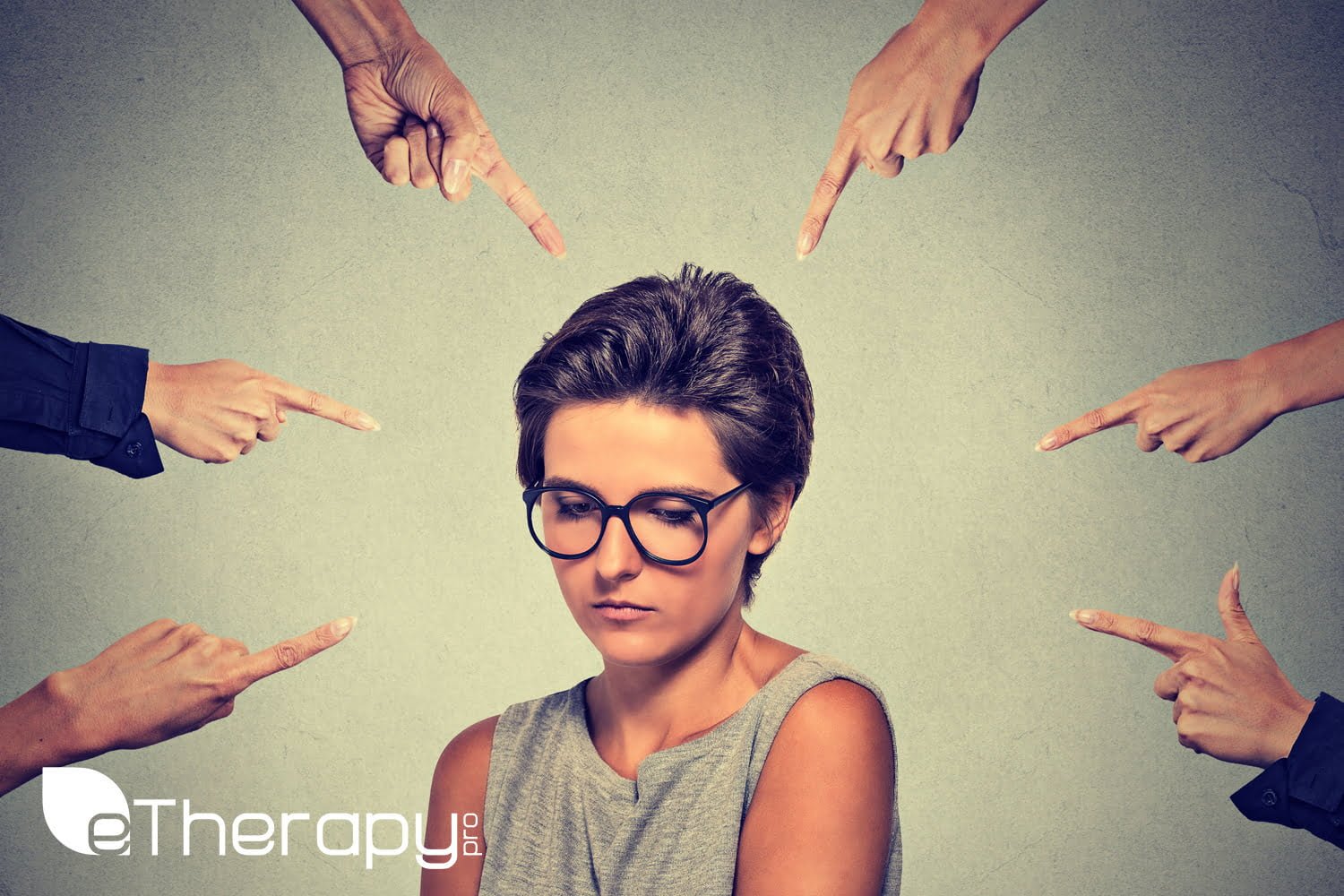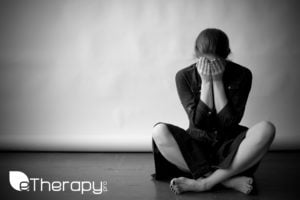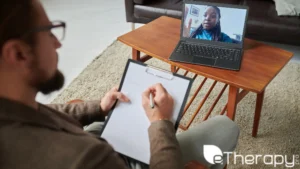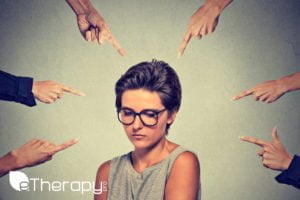Everyone feels a little shy or uncomfortable in some social situations. Things like the first day of school, the first few weeks at work, attending a party in a new neighborhood, etc, can all cause anxiety, but that nervousness isn’t social anxiety disorder. Many people experience a crippling sense of nervousness and anxiety even in the most mundane situations. These individuals may have an undiagnosed social anxiety disorder. In some cases, the signs of social anxiety remain invisible and undiagnosed.
1. Emotional
Emotional symptoms are the most noticeable among the different responses to social anxiety. They start showing up even before you’re in social interaction. These can include:
- Fear of being dismissed or rejected.
- Fear of interacting with people, even if they are familiar to you.
- Intense fear of engaging with strangers.
- Avoiding being the center of attention or conversation.
- Refraining from commenting on topics or entering into discussions even if you’re interested.
- Being extremely self-critical after the social engagement is over.
- In children, the emotional response can lead to crying and temper tantrums.
These are the typical emotional responses if you’re facing a social situation and have a disorder. If you or your loved one experiences these, it is a good idea to consult with a professional.
2. Physical Responses
The body responds to emotional stimuli and will react if you experience distress. If you are concerned that someone has a social anxiety disorder, watch out for the physical signs mentioned below:
- Rapid breathing and heartbeat.
- Trembling and shaking.
- Excessive sweating.
- Tense muscles, especially in the jaw.
- Blushing and avoiding eye contact.
- Dizziness or a feeling of lightheadedness.
- Upset stomach, including nausea.
- Inability to form thoughts or ideas for a moment.
- Feeling drained and tired after every social interaction.
These are the common physical signs of social anxiety disorder. Many people can even go into panic attacks because they are unable to handle the social stimulus.
3. Behavioral Symptoms
People suffering some social anxiety will adopt certain behaviors on a fairly regular basis. While a person without any disorder may experience the issues mentioned below, they will not face them consistently. Some of these symptoms include:
- Avoiding interacting with people, especially strangers.
- Skipping work or school regularly.
- Avoiding dating or even making new friends.
- Inability to eat in front of other people.
- Avoiding using a public restroom.
- Missing opportunities to further your education or career.
- Consistently avoiding eye contact.
It is important to keep in mind that the symptoms can change over time, especially as a person grows older and the nature of their emotional response changes. The responses can also change based on the type of social situation.
These are the most common signs of social anxiety disorder. Acute social anxiety can become a big problem. It is best to book an appointment with a therapist to get an official diagnosis and treatment, especially if the concern is impacting your life significantly. eTherapy Pro offers effective and convenient online therapy solutions to help people with social anxiety. You can attend a few sessions for free so see if it is a good solution for you.






